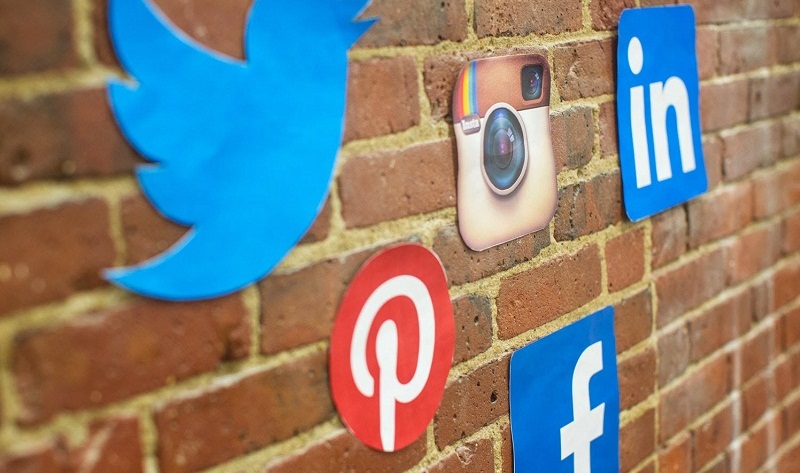Social media has fundamentally changed how consumers interact with each other and with brands. As a result, marketers tell us that they now consider this new channel to be a critical component of brand building. And while many marketing leaders are asked, “What is your social strategy?” the real question is, “How does social media change the brand strategy?” There are three main ways Social Media can help a brand: 1) building a relationship to become more trusted; 2) differentiating through an emotional connection to become more remarkable and unmistakable; and 3) nurturing loyal fans to become more essential.
SOCIAL ENGAGEMENT IS NECESSARY BUT NOT SUFFICIENT FOR BRAND BUILDING. Social engagement is not defined by a Facebook page or a media buy — it is a way to communicate directly with consumers on their terms, whether that’s reading a blog, sharing a YouTube video, or posting to a social networking site. What does this mean for brands?
- Social Media has become a major channel on par with search. Marketing leaders believe that social marketing and media have become intrinsic to 21st century brand building. In our survey, one out of five chief marketing officers (CMOs) said that they are personally accountable for social efforts. They need to determine how digital media like social and mobile will fundamentally change how brands are built. In fact, among digital channels, they view social media as second only to the Web in affecting branding and second only to search in affecting brand building efforts.
- Social Media redefines the relationship between consumers and brands. 69% of online consumers are active on social networking sites at least weekly, and one-third of online users have become a fan of a company or brand via social platforms like Facebook and Twitter. The overwhelming majority of the executives we interviewed (92%) believes that social media has fundamentally changed how consumers engage with brands.
- Social Media forces marketing strategies to adapt. Three out of four marketing leaders surveyed are changing their marketing strategy as a result of social media. Two-thirds claim to have a clearly defined social marketing strategy, but only half view their social efforts as strategically integrated into their brand building plans.
Too often, marketers say that they are working on their social strategy, but it is disconnected from their overall branding efforts, apart from logos and collateral. Art of Digital believes that to be successful, 21st century brands must point their brand compass in the direction that helps them build a brand that is trusted, remarkable, unmistakable, and essential.
1) Trusted: Long-lasting brand relationships require brands to be transparent regarding the values and principles they share with consumers.
2) Remarkable. A remarkable brand differentiates itself by disrupting the existing market with new and unique value.
3) Unmistakable. Brands must build their distinctiveness by setting themselves apart from their category, defining unique characteristics that are not comparable with others.
4) Essential. An essential brand defines itself by what is irreplaceable about the product or service, in terms of value, function, or attributes.
So where does social activity fit into branding and brand building efforts? The key is in social engagement. Brands like Jim Beam and General Motors (GM) are starting to see the positive impact of social engagement on brand building, in particular with consumers who are already predisposed to like the brand. Do you want to launch a social media campaign for your business, contact Art of Digital now to receive a free brand audit and social media evaluation.*
*this blog entry contains excerpts from Forrester research report on Social Media

